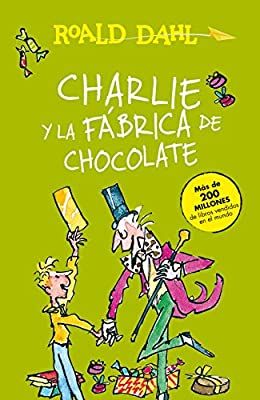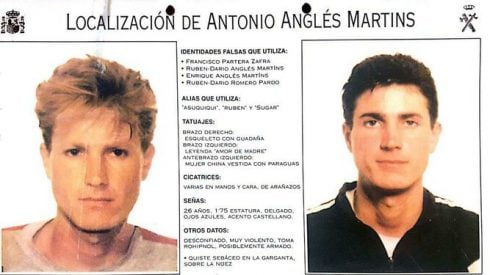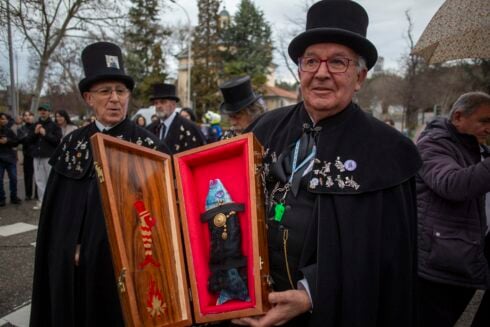INTERNATIONAL mother language day was established by UNESCO in 1999 and has since been celebrated every February 21 to promote multilingualism and cultural diversity.
To celebrate this day, as we are in Spain, hopefully trying our hand with the new language, here are some facts to remind us why we want to belong to this growing list of speakers:
- Spanish is spoken all over the world by an estimated 580 million people, according to the Instituto Cervantes, with native speakers thought to be around 483 million of those
- In terms of native speakers, Spanish is the second most spoken language, however, in terms of non-native speakers, it comes third behind Chinese
- More then 21 countries have Spanish as their official language
- However Spain is not the country with the most speakers, but is fourth on the list with 42 million, behind Mexico (121 million) Colombia (49 million) and Argentina (44 million)
- The country where Spanish is not an official language with the most speakers is the US, with more than 56 million

- Spanish has many Arabic roots with around 4,000 words originating from the language, such as azucar (sugar), almohada (pillow), and arroz (rice)
- Spanish has many popular Spanish language writers. Those with the most international translations are:
- Gabriel Garcia Marquez
- Isabelle Allende
- Mario Vargas Llosa
- Miguel de Cervantes
- Jose Luis Borges
- Marquez comes in at number 49 on the global translated authors list, one behind Roald Dahl
- Spanish is also a popular internet language coming in at third, with at least 8% of all internet users communicating in the language
- However, on social networks like WhatsApp, it is more popular, and is the second-most used language

- All Spanish nouns are either masculine or feminine, and according to the rules, the masculine version overrules when describing a group of people of both genders. For example, ‘trabajadoras’ would be used for a group of female workers, but the masculine plural ending would be used when describing a group of 99 women and 1 man – ‘trabajadores’. However, more and more Spanish speakers are moving towards what is considered a more inclusive language
- Spanish contains some false friends, so some words which may seem obvious have a completely different meaning. Embarazada, does not mean ’embarrassed’ but ‘pregnant’. Exito means ‘success’ or ‘hit’. Constipacion is not as you might expect, but means (to have) ‘a cold’. Pretender means ‘to try’. Sopa is not soap but ‘soup’.
- And finally, the longest Spanish word is ‘electroencephalographist’, probably not used much in everyday language, but is a person specialising in electric shocks to the cerebral cortex.
Click here to read more La Cultura News from The Olive Press.








